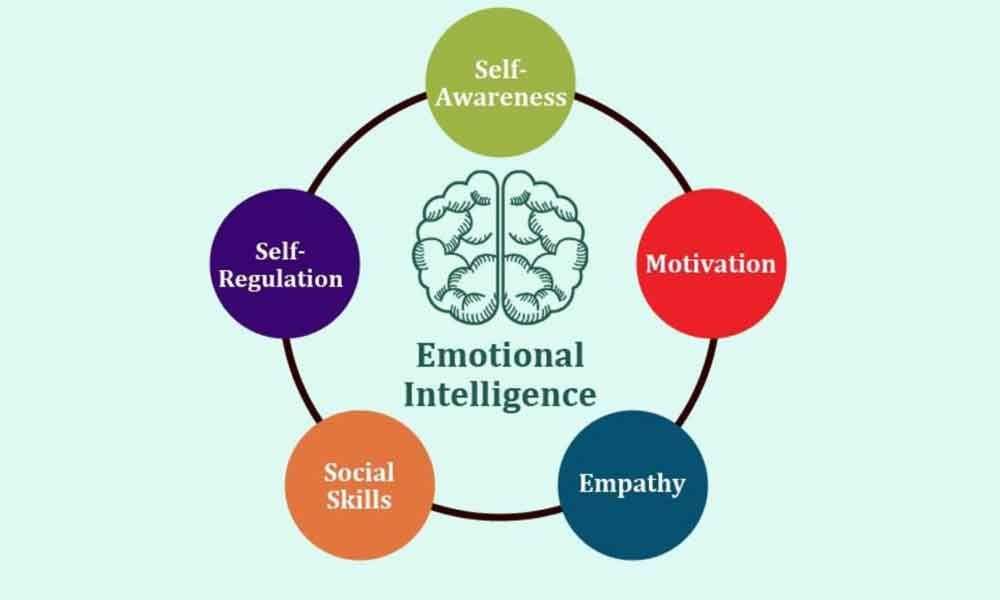Emotional intelligence (EI) is the capacity to understand and control one’s own emotions as well as the emotions of others.
People with greater levels of emotional intelligence tend to succeed in their interactions with others because they can keep their emotions under control and perceive and make sense of the emotions of others.
In summary, a higher degree of EI will lead to more success in your interpersonal relationships.
Building and maintaining healthy, long-lasting relationships, first with yourself and then with others, requires an awareness and understanding of emotions, both your own and those of others.
If this sounds difficult, then some emotional intelligence training would be quite beneficial to you, since if you are unable to understand and control your own emotions, you will miss or misinterpret those of others.
When you are aware of and capable of managing your own emotions, it is much easier to read and deal with the emotions of others. And a correct evaluation allows you to properly participate in the give-and-take that is so important in developing strong connections.
EI Training Can Help You Learn How Your Emotions May Help You With:
- Understanding yourself—what you enjoy, want, and need most—can save you from being disappointed by having to settle for less.
- Making choices based on what is really important to you and those closest to you
- Getting inspired to pursue your goals and targets
- Recognizing other people’s emotions and understanding what they mean
- In communicating, make your point.
The higher your emotional intelligence, the better you will be at recognizing and properly identifying emotions and their causes, as well as using your emotions as an important aspect of connecting to others.
EI training teaches you that your emotions are important in sparking your drive to make choices, create objectives, and reinforce existing connections while searching for new ones.
If you misunderstand your emotions or are unable to detect other people’s emotional signals, you run the risk of making decisions based on inaccurate information, setting goals that are too high or too low, putting undue strain on current relationships, or missing out on productive new relationships.


